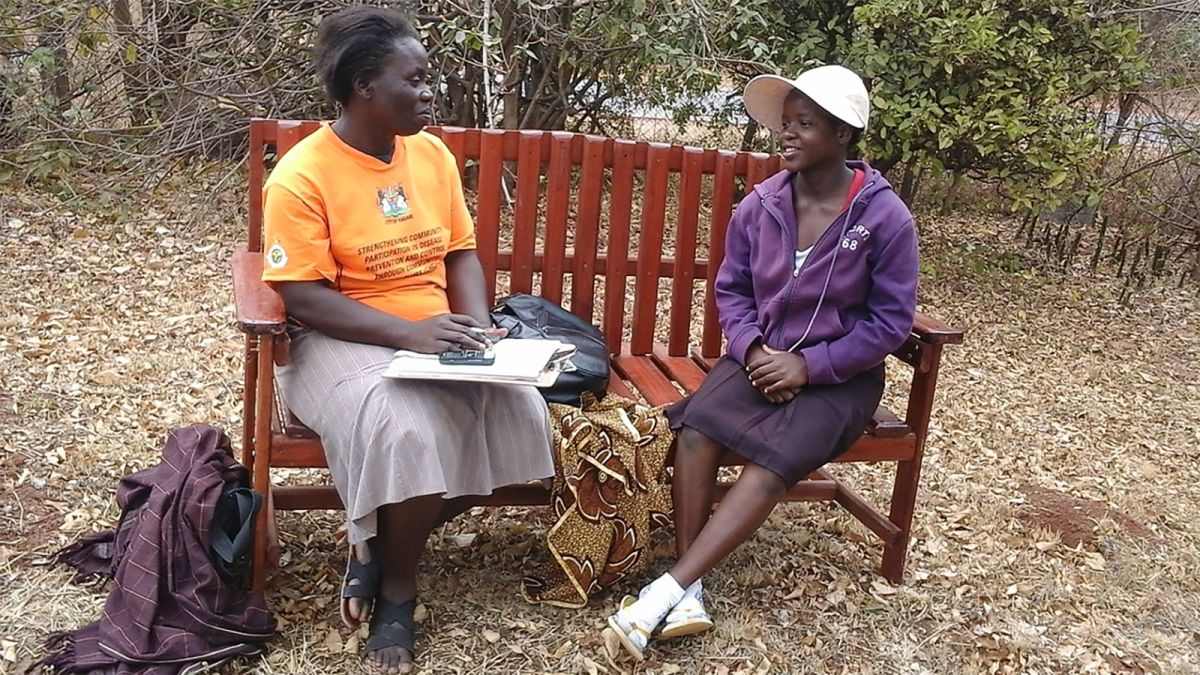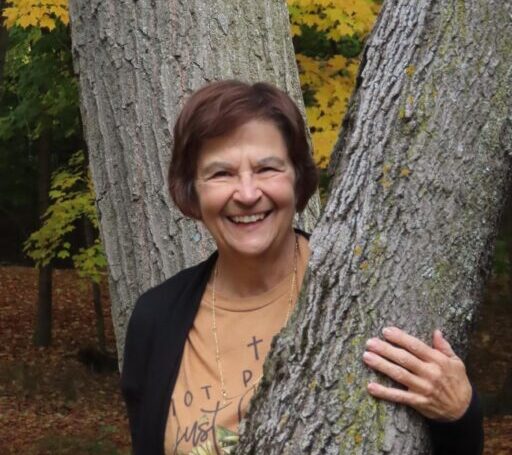The United States is known for it’s innovative ideas that have reached around the world. For example the first transistor was created at Bells Lab In New Jersey in 1947. It is a component in every piece of modern electronic equipment. The swivel chair is credited to Thomas Jefferson who sat in his newly crafted chair to draft the Declaration of Independence in 1776. Blue jeans made their appearance in 1873 when a tailor in Reno, NV used heavy woven cotton fabric called “duck cloth” to make a pair of sturdy pants; then reinforced the stress points with copper rivets. And yes, even the chocolate chip cookie was born in the United States when the owner of the Toll House Inn in Whitman, Massachusetts created it quite by accident. Whipping up a batch of her favorite cookies for guests, she discovered she was out of baker’s chocolate. She substituted with chunks of semi-sweet chocolate she cut from a block that Andrew Nestle’ had given her. She naturally thought they would melt but when the chunks failed to do so – Presto! We have America’s most popular cookie.
Although the United States has been a leading country in innovative ideas, on occasion we have borrowed ideas from other parts of the world. Sometimes they have surprisingly come by way of third world countries.
Dr. Dixon Chibanda, is one of only twelve psychiatrists in all of Zimbabwe – a landlocked country of 16 million people in southeastern Africa. Along with poverty, Zimbabwe has a high incidence of HIV, a history of wars, unemployment, and other problems that contribute to depression. After Erica, one of Dr. Chibanda’s patients hung herself in 2006 because she couldn’t afford the $15.00 bus fare to travel the 160 miles to see him and get help, he felt he had to do something to make mental health more accessible to Zimbabweans. More than ninety percent of the people in Zimbabwe at this time had no access to evidence-based talking therapies or modern anti-depressants.
He had hoped to be able to utilize nurses but there were none available. The country’s nurses were too busy with HIV related issues and maternal and child health care. And when he asked about space in the clinics to run some sort of program – he got the same answer – none available. What he was given was 14 community volunteers in the form of minimally educated grandmothers with no mental health experience. And for space – he could use the grounds outside the clinics. He did not let these factors deter him. He began training the 14 women with little or no support from his colleagues. “This is nonsense!” they collectively agreed.
Dr. Chibanda ignored their negative comments, placing benches outside of the clinics. A trained grandmother was assigned to a bench and The Friendship Bench Project was launched. Word got around that if you were suffering from kufungisisa (the Zimbabwe word for depression, meaning “thinking too much”) there were grandmothers available to talk. The women soon found themselves listening to HIV positive men and women, drug addicts, people suffering from poverty and hunger, unhappy married couples, lonely older people, and pregnant unmarried young women.
In 2016 a control study was conducted to see just how effective The Friendship Bench Project was. Six hundred people with depression were split into two groups. What they found was that the group seeing the grandmothers had much lower symptoms of depression. There are now over 400 grandmothers participating in the program in Zimbabwe. They deliver their service for free in more than 70 communities.
The Friendship Bench Project is spreading to other countries, including the United States. There may be subtle differences in the programs from country to country, but the idea is the same – to make mental health affordable, accessible, and effective. In New York City the benches are bright orange and the either sex counselors are called “peer specialists”. Many of them have overcome addictions and other life challenges themselves, making them the perfect confidant from the client’s standpoint. Just as in Zimbabwe, their services are free. In 2017 when The Friendship Bench Project was launched in New York City, it attracted 30,000 visitors in the first year. I encourage anyone intrigued by this project as I am, to visit some of the many videos on Youtube.
Who would have guessed that such an idea would have come out of one of the poorest – if not the poorest – nation in the world. Dr. Chibanda took what he had and is revolutionizing mental health around the world. It’s none too soon. According to the World Health Organization, depression is the world’s leading cause of disability, affecting more that 300 million people. Depression has become so common that it affects every one of us – whether in ourselves or a loved one.The death tole attributed to depression is recorded as 800,000 per year.
All I have left to say, comes from the lips of the Beach Boys. Go Granny, Go Granny, Go Granny, Go!


Until next month – keep on readin’ and I’ll keep on writin’.
If you like this style of writing and would like to know how to purchase my Christian Fiction books, please go to the “Book” page.

Cathy Harper
This was very fascinating information. So glad it helped many.
Kate
Very interesting! Thanks, DeLila!